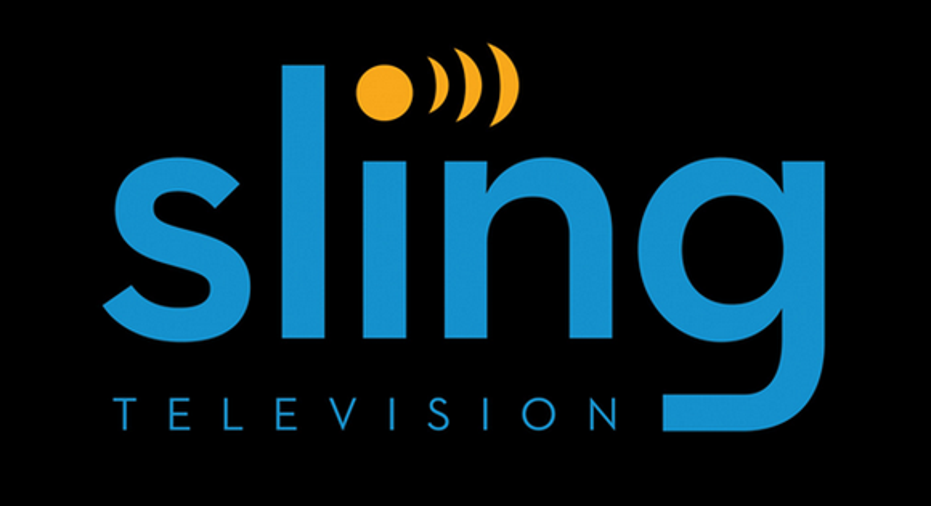Forget Cord-Cutting: This Is a Bigger Problem for Big TV

Without SlingTV, Dish Network would have lost subscribers last year, according to data from SNL Kagan. Image source: DirecTV.
Depending on whom you ask, cord-cutting is quickly disrupting the traditional subscription pay-TV industry or it's an overhyped phenomenon. In order to cut through the rhetoric, it's important to research the underlying subscription numbers. Recently, third-party media research company SNL Kagan released its estimates for the U.S. subscription pay-TV industry.
SNL Kagan's data doesn't provide a definitive answer, but it does point to the fact that cord-cutting is happening on some level. SNL Kagan estimates the pay-TV industry lost more than 1 million U.S. subscribers in 2015-- more than four times the annual decline in 2014 -- and notes that this is the third consecutive annual drop for the industry.
On the other hand, SNL Kagan's data hints at stabilization. Overall, the industry only lost 15,000 subscribers in the fourth quarter, essentially matching the number of cord-cutters in the previous year's corresponding quarter. However, cord-cutting may not be the biggest issue in SNL Kagan's data.
What's Dish serving up? CannibalizationSifting through SNL Kagan's data, it appears a shift to lower-cost options, otherwise known as cord-shaving, is underfoot. The aforementioned survey did not include Dish Network's streaming-based SlingTV in the aforementioned 1 million subscriber-loss figure, but SNL Kagan estimated Dish added 538,000 SlingTV subscribers that year. Dish reported it lost 81,000 total subscribers last year, inclusive of SlingTV figures. Backing out SNL Kagan's estimates of 538,000 SlingTV subscriber adds, the company lost an estimated 619,000 subscribers in traditional, large-footprint pay-TV.
As fellow Fool Adam Levy points out, DISH CEO Charlie Ergen mentioned he is aware SlingTV would cannibalize its core large-package product. With all else the same, a consumer shift from higher-cost packages to SlingTV's $20 monthly service is a risk to the stock. While it's possible Dish Network is bringing new subscribers into the fold with its new SlingTV product, it seems unlikely. Of SNL Kagan's 1-million subscriber loss total, the firm estimates direct-broadcast satellite (Dish and DirecTV) accounted for 478,000 of that figure. The big takeaway is it appears Dish lost subscribers while DirecTV gained subs (more on this later). Will SlingTV bring new a large contingent of new subscribers into the fold? Perhaps eventually, but now it seems the service is mostly helping former full-package users downgrade to cheaper packages.
A shift to lower-cost services helps AT&T realize "synergies" AT&T appears to be a beneficiary of a shift to low-cost options. After buying Dish's main satellite competitor, DirecTV, for nearly $50 billion, SNL Kagan reported a subscriber shift away from AT&T's pre-existing U-verse TV platform to DirecTV. This appears to be planned: Ad Age reports AT&T has stopped building U-verse boxes and is actively pushing consumers to DirecTV.
Regardless of whether a consumer-chosen or company-promoted shift to DirecTV is underfoot, cannibalization is also occurring at AT&T. DirecTV is a lower-cost platform, according to SNL Kagan. AT&T appears comfortable selling lower-cost packages, however, as pushing users to DirecTV will allow the company to reduce redundant U-verse operations and cut costs to increase its bottom line.
For investors, it's becoming increasingly important to look beyond headline subscriber numbers and focus on revenue per subscriber. Falling revenue per subscriber metrics could indicate poor financial performance for multichannel video programming distributors and for networks -- even if cord-cutting does not accelerate.
The article Forget Cord-Cutting: This Is a Bigger Problem for Big TV originally appeared on Fool.com.
Jamal Carnette owns shares of AT&T. The Motley Fool has no position in any of the stocks mentioned. Try any of our Foolish newsletter services free for 30 days. We Fools may not all hold the same opinions, but we all believe that considering a diverse range of insights makes us better investors. The Motley Fool has a disclosure policy.
Copyright 1995 - 2016 The Motley Fool, LLC. All rights reserved. The Motley Fool has a disclosure policy.



















